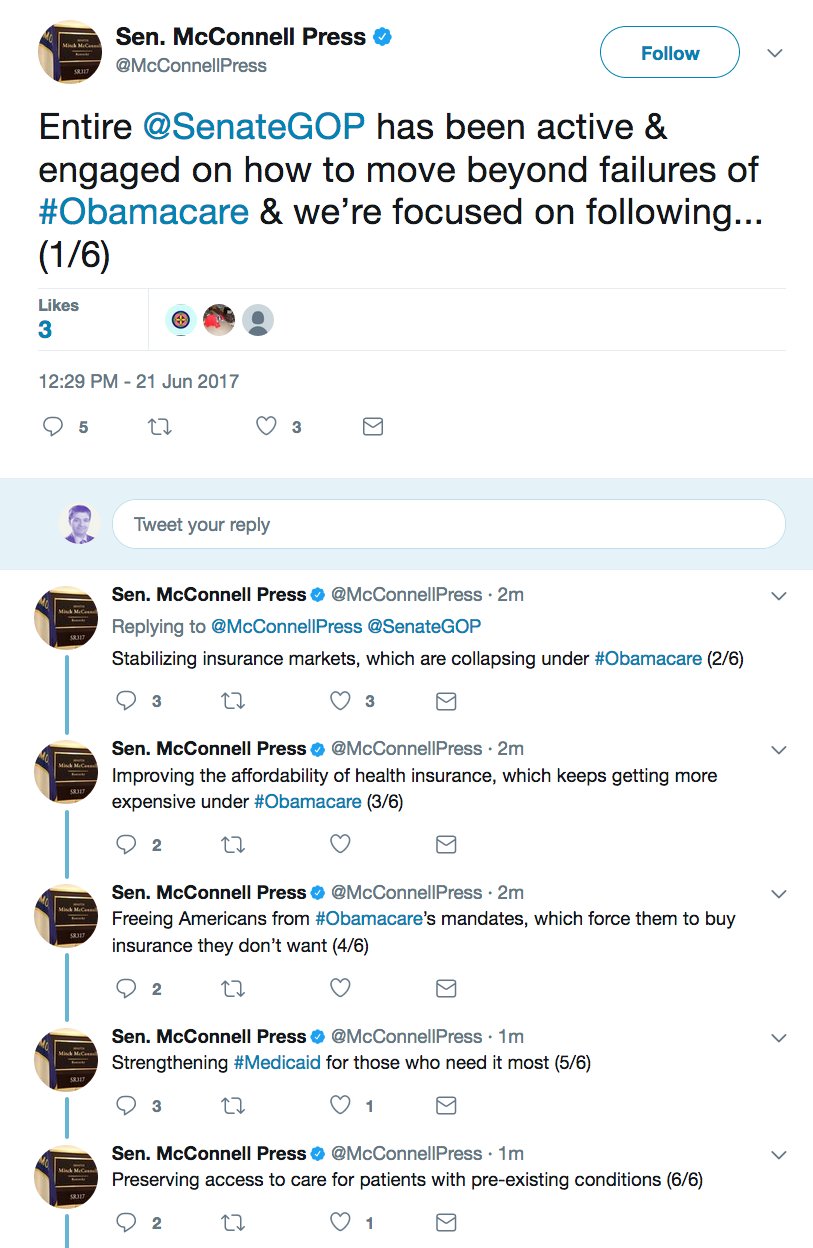WASHINGTON When Special Agent Adrian Hawkins of the Federal Bureau of Investigation called the Democratic National Committee in September 2015 to pass along some troubling news about its computer network, he was transferred, naturally, to the help desk.
His message was brief, if alarming. At least one computer system belonging to the D.N.C. had been compromised by hackers federal investigators had named the Dukes, a cyberespionage team linked to the Russian government.
The F.B.I. knew it well: The bureau had spent the last few years trying to kick the Dukes out of the unclassified email systems of the White House, the State Department and even the Joint Chiefs of Staff, one of the governments best-protected networks.
Yared Tamene, the tech-support contractor at the D.N.C. who fielded the call, was no expert in cyberattacks. His first moves were to check Google for the Dukes and conduct a cursory search of the D.N.C. computer system logs to look for hints of such a cyberintrusion. By his own account, he did not look too hard even after Special Agent Hawkins called back repeatedly over the next several weeks in part because he wasnt certain the caller was a real F.B.I. agent and not an impostor.
I had no way of differentiating the call I just received from a prank call, Mr. Tamene wrote in an internal memo, obtained by The New York Times, that detailed his contact with the F.B.I.
...
The D.N.C.s fumbling encounter with the F.B.I. meant the best chance to halt the Russian intrusion was lost. The failure to grasp the scope of the attacks undercut efforts to minimize their impact. And the White Houses reluctance to respond forcefully meant the Russians have not paid a heavy price for their actions, a decision that could prove critical in deterring future cyberattacks.
The low-key approach of the F.B.I. meant that Russian hackers could roam freely through the committees network for nearly seven months before top D.N.C. officials were alerted to the attack and hired cyberexperts to protect their systems. In the meantime, the hackers moved on to targets outside the D.N.C., including Mrs. Clintons campaign chairman, John D. Podesta, whose private email account was hacked months later.


